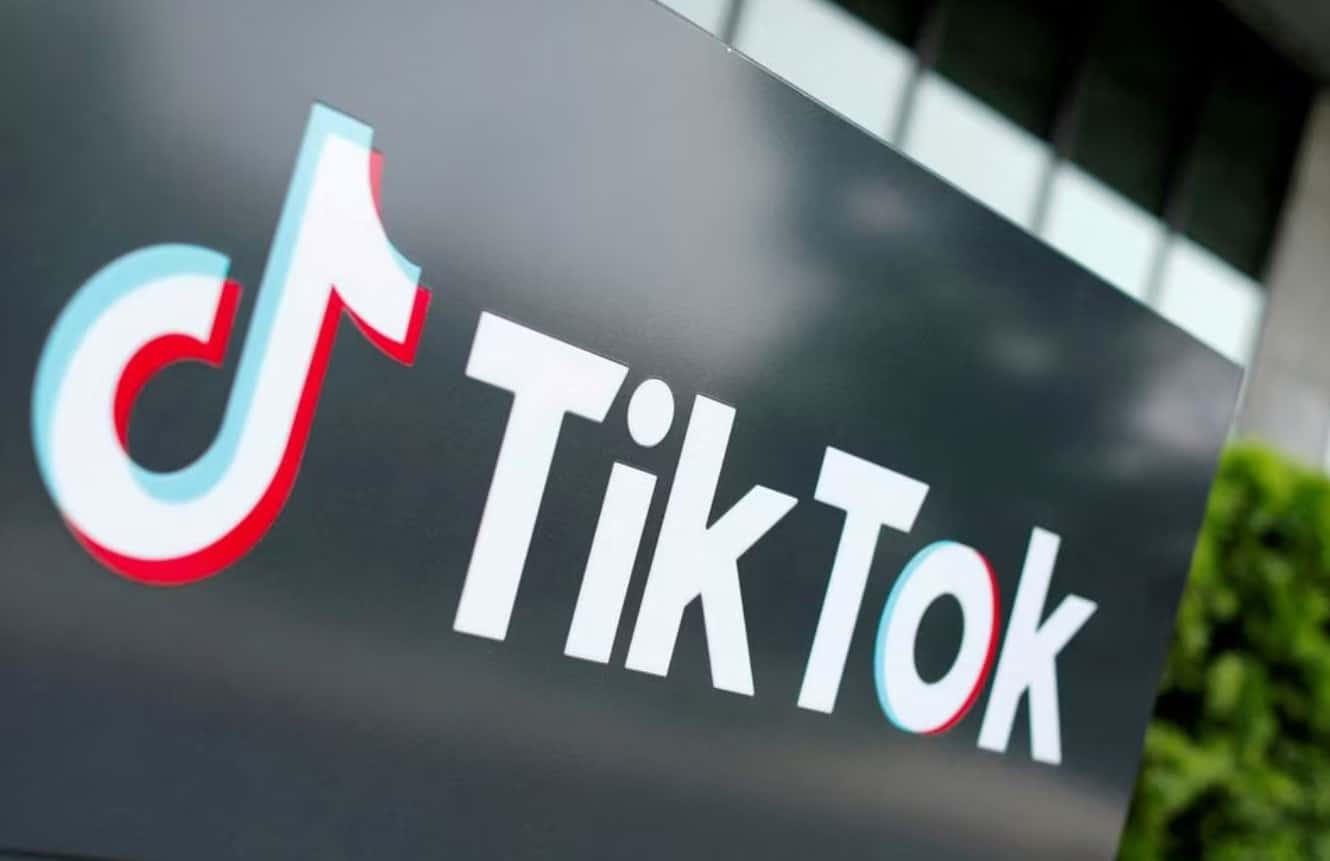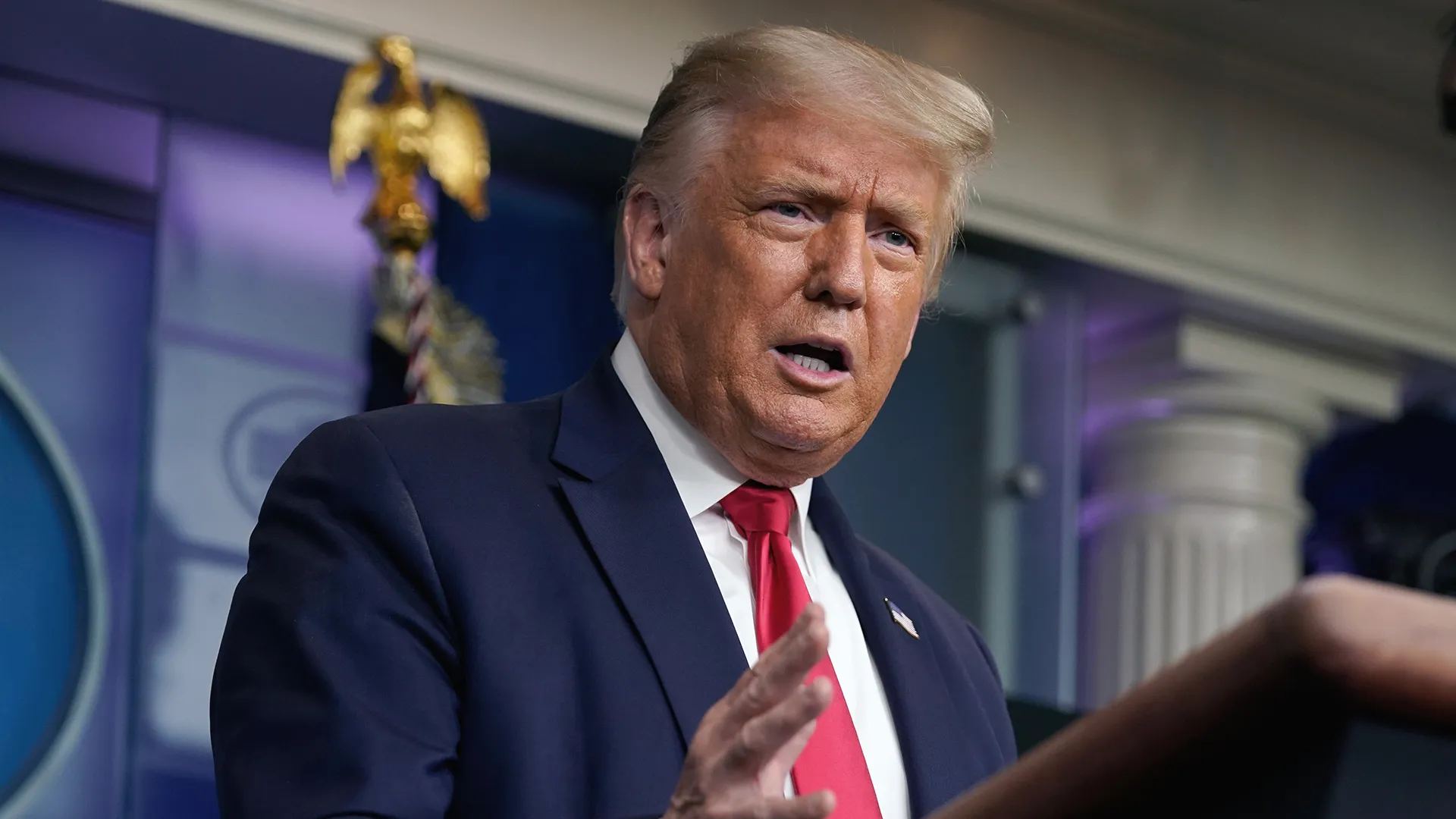Donald Trump, the U.S. presidential candidate, reignited apprehensions on Monday regarding TikTok‘s national security implications, cautioning against a potential ban that could inadvertently strengthen Meta Platforms’ Facebook.
Trump’s remarks come as lawmakers gear up to vote on a bill this week, compelling TikTok‘s Chinese owner, ByteDance, to divest the app within six months.
The House of Representatives is poised for a crucial vote on Wednesday, necessitating a two-thirds majority for the bill’s passage, underlining the urgency surrounding the proposed legislative action.

TikTok countered allegations of Chinese government control, asserting its autonomy and warning of potential data insecurity should divestment occur. The app’s stance arrives amidst escalating concerns raised by law enforcement and intelligence agencies over its alleged connections to Chinese propaganda.
Trump’s sentiments reflect ongoing debates surrounding TikTok’s future in the United States and its implications for national security. The potential ban, while addressing security concerns, also raises questions about unintended consequences and the competitive landscape among social media platforms.
As the legislative process unfolds, TikTok’s fate hangs in the balance, with implications extending beyond its user base to geopolitical tensions and corporate dynamics in the tech industry.

Despite the uncertainty, TikTok remains steadfast in its defense, emphasizing its commitment to user privacy and data protection. The app’s efforts to refute allegations and navigate regulatory scrutiny underscore the complexities of balancing security imperatives with the preservation of digital innovation and consumer choice.
In this high-stakes battle between national security imperatives and corporate interests, the outcome of the upcoming vote will shape the trajectory of TikTok’s presence in the United States and its broader implications for the digital landscape.
As tensions mount and debates intensify, all eyes are on Capitol Hill as lawmakers grapple with the complexities of regulating emerging technologies in an increasingly interconnected world.




